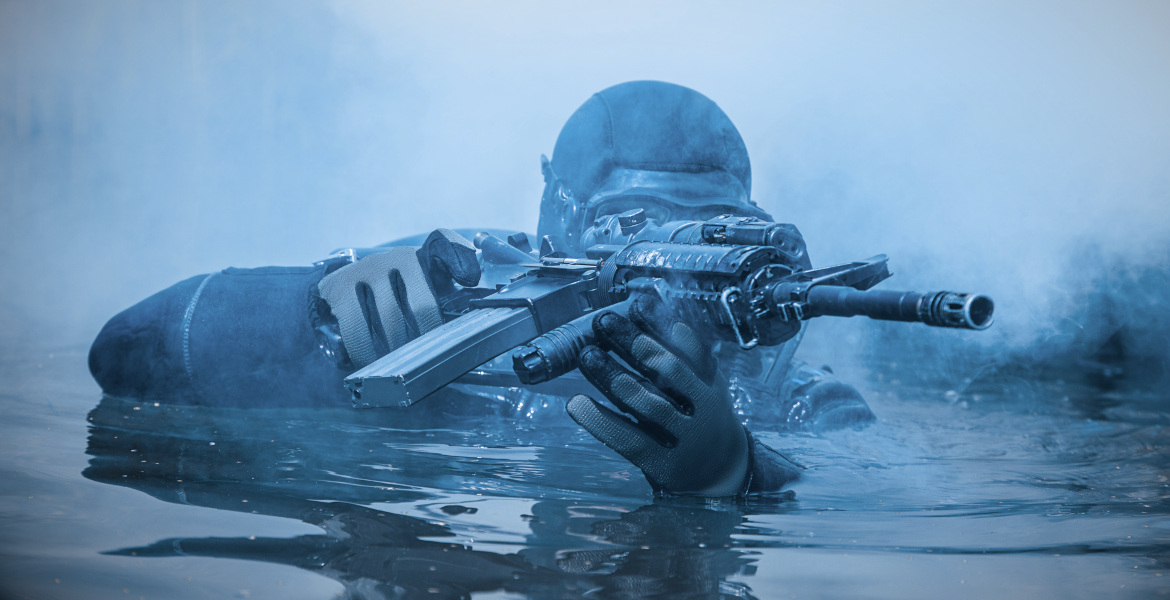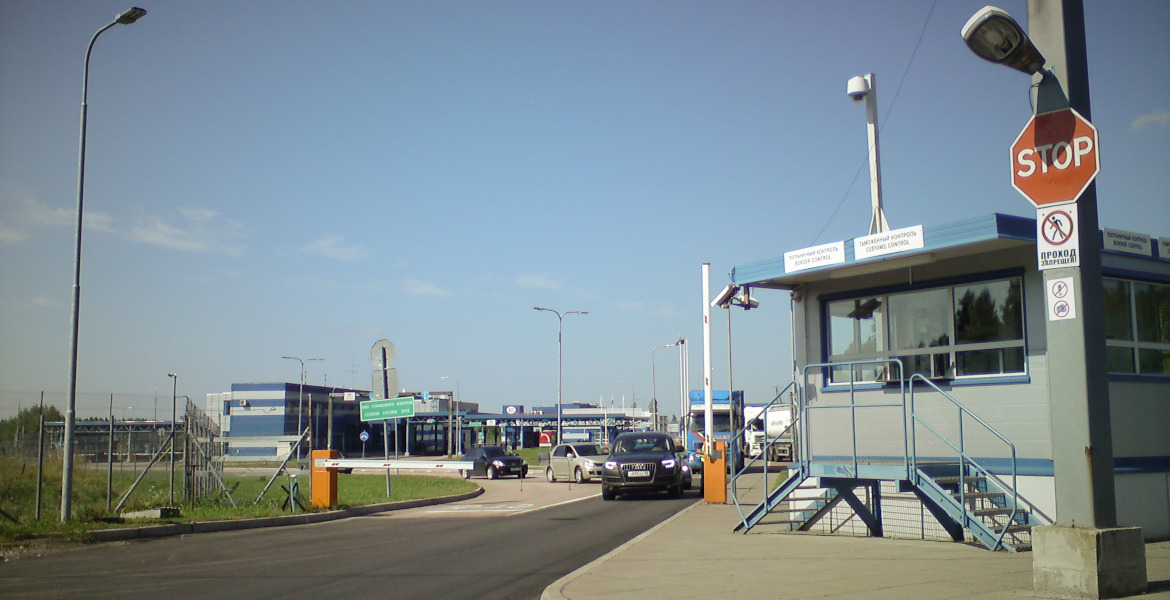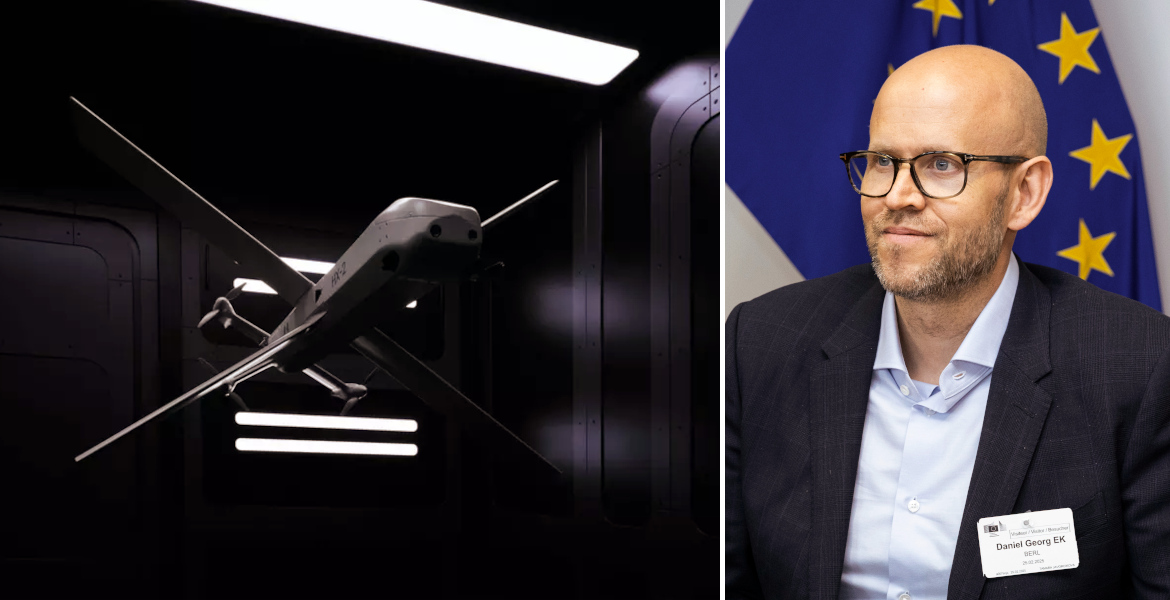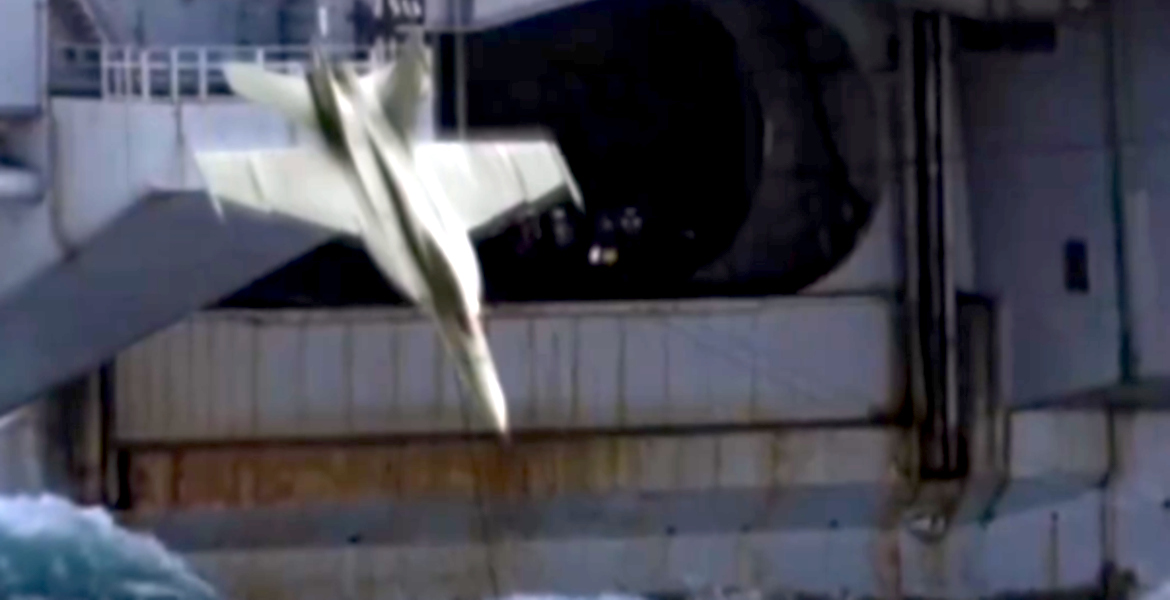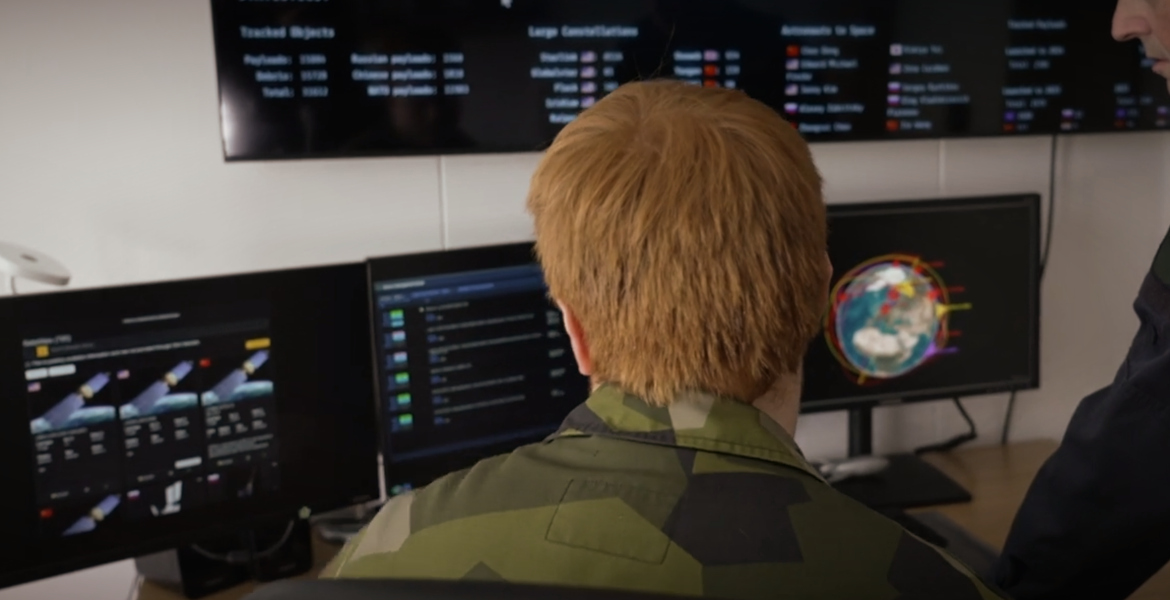A top-secret military operation to wiretap Kim Jong-un went wrong when American elite soldiers shot and killed a group of unarmed fishermen.
To cover their tracks, the soldiers punctured the victims' lungs with knives so the bodies would sink to the ocean floor.
Navy SEALs from the US elite forces secretly entered North Korea in early 2019 to plant surveillance equipment targeting the country's leader. But the mission ended in disaster when the soldiers were surprised by – and opened fire on civilian fishermen who were diving for shellfish, reveals the New York Times.
The top-secret mission was carried out by SEAL Team 6's Red Squadron – the same unit that killed Osama bin Laden in 2011. President Donald Trump personally approved the operation during his first term in office.
The mission was so sensitive that it required direct presidential approval. If the American soldiers had been captured on North Korean soil, it could have torpedoed ongoing nuclear weapons negotiations or led to a hostage crisis.
— I don't know anything about it. I'd have to, I could look, but I know nothing about it. I'm hearing it now for the first time, Trump responded when confronted with the information on Friday.
Months of preparation
The New York Times bases its investigation on interviews with two dozen people, including government officials, members of the Trump administration, and current and former military personnel with insight into the operation.
The elite soldiers trained for months under extreme conditions in ice-cold water. The plan was to deploy from a nuclear-powered American submarine and then reach the North Korean coast in two silent smaller submarines.
A team of approximately eight soldiers would swim for hours through four-degree Celsius seawater wearing diving equipment and heated suits. Once at the coast, they would plant the surveillance equipment and then disappear unnoticed – without any support from overhead drones.
Everything went wrong on the beach
In February 2019, the mission got the green light. Trump was scheduled to meet Kim Jong-un in Vietnam later that month, and the intelligence information could be crucial for the negotiations.
But when the soldiers reached the North Korean shore, everything went wrong. A fishing boat unexpectedly appeared in the darkness. Without the ability to communicate with mission command, and fearing discovery, a group leader in the SEAL team opened fire. The others followed suit and all unarmed civilians aboard the boat were killed.
To cover their tracks, the soldiers dragged the bodies down into the water. With knives, they punctured the victims' lungs so the bodies would sink to the bottom. The surveillance equipment was never planted and the mission was immediately aborted.
American spy satellites shortly thereafter registered increased military activity from North Korea in the area. However, it remains unclear whether North Korean authorities ever actually understood what had happened to the shellfish divers.
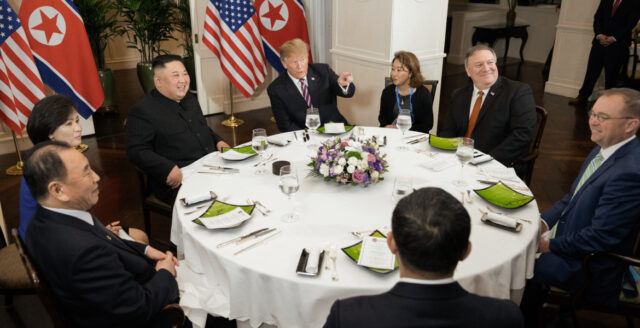
Congress was not informed
The summit between Trump and Kim was conducted as planned in Vietnam, but did not lead to any agreement. In May of the same year, North Korea resumed its missile tests.
The secret mission has never been publicly acknowledged before. According to experts the newspaper spoke with, the fact that Congress was not informed – either before or after the operation – may constitute a violation of federal law.
— The point is to ensure that Congress isn't kept in the dark when major stuff is going on, argues Matthew Waxman, law professor at Columbia University and former security advisor under President George W. Bush.
— This is exactly the kind of thing that would normally be briefed to the committees and something the committees would expect to be told about.
Those involved were promoted
When Joe Biden succeeded Trump as president, the North Korea mission was reviewed again. Defense Secretary Lloyd J. Austin III ordered an investigation led by a lieutenant general from the Army's Inspector General's office.
In 2021, leading members of Congress were informed about the investigation's results, but this report remains classified.
Many of those involved in the failed mission have since been promoted, according to the newspaper's sources.
